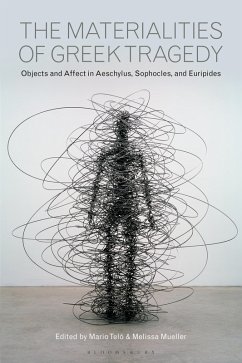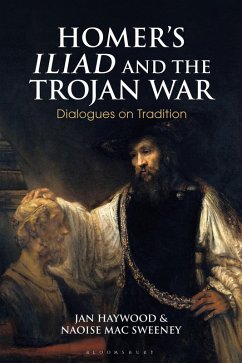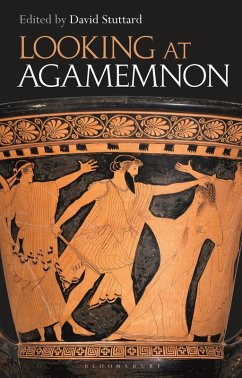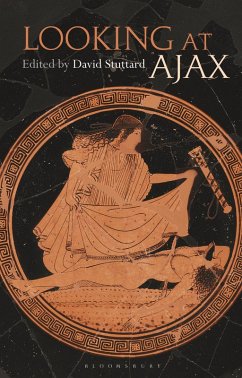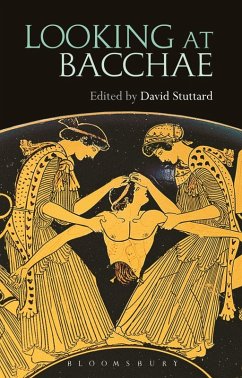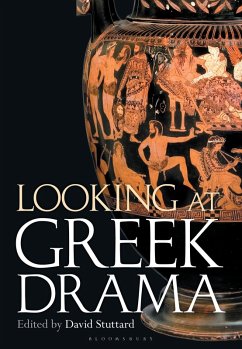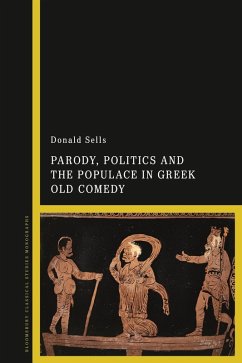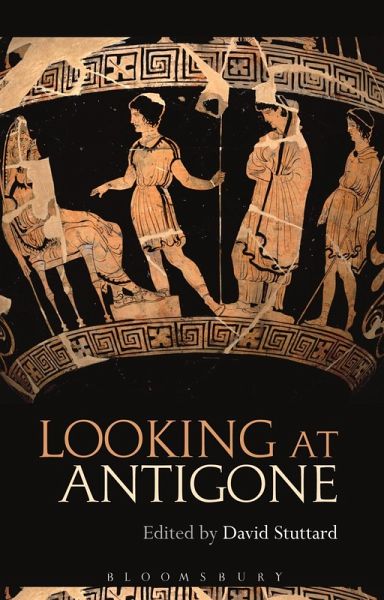
Looking at Antigone (eBook, PDF)

PAYBACK Punkte
14 °P sammeln!
Antigone is one of the most influential and thought-provoking of all Greek tragedies. Set in a newly victorious society, where possibilities seem boundless and mankind can overcome all boundaries except death, the action is focussed through the prism of Creon, a remarkable anti-hero - a politician who, in crisis, makes a reckless decision, whose pride (or insecurity) prevents him from backing down until it is too late, and who thereby ends up losing everything. Not just the story of a girl who confronts the state, Antigone is an exploration of inherent human conflicts - between men and women, ...
Antigone is one of the most influential and thought-provoking of all Greek tragedies. Set in a newly victorious society, where possibilities seem boundless and mankind can overcome all boundaries except death, the action is focussed through the prism of Creon, a remarkable anti-hero - a politician who, in crisis, makes a reckless decision, whose pride (or insecurity) prevents him from backing down until it is too late, and who thereby ends up losing everything. Not just the story of a girl who confronts the state, Antigone is an exploration of inherent human conflicts - between men and women, young and old, power and powerlessness, civil law and the 'unwritten laws' of nature. Lauded in Antiquity, it has influenced drama and philosophy throughout history into the modern age. With an introduction discussing the nature of the community for which Antigone was written, this collection of essays by 12 leading academics from across the world draws together many of the themes explored in Antigone, from Sophocles' use of mythology, his contemporaries' reactions and later reception, to questions of religion and ritual, family life and incest, ecology and the environment. The essays are accompanied by David Stuttard's performer-friendly, accurate and easily accessible English translation.




